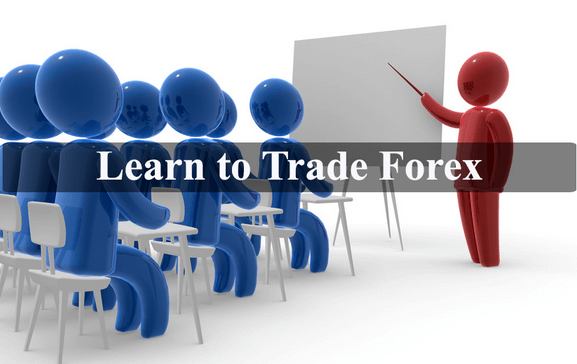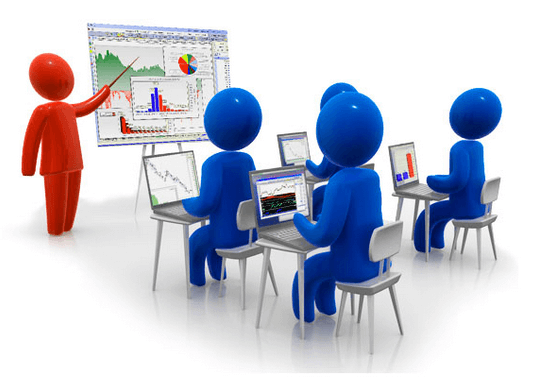Learn to Trade Forex South Africa
Learn to trade Forex South Africa. In this article, you will learn how to trade forex in South Africa. It’s easy to learn how to trade forex in South Africa. First, you need to know what is Forex.
What is Forex?
What is forex The word “Forex” (Forex) is derived from foreign exchange market, which means “foreign exchange market”.
The value of national currencies is important for most people around the world, whether they realize it or not, since foreign trade and international business are impossible without currency exchange.
The need for constant exchange of currencies is the main reason that forex remains the largest and most liquid financial market in the world. In terms of trading volume, it is many times higher than other markets – in 2016, the daily turnover of the forex market exceeded $ 5 trillion.
There is no single central forex exchange. Currency trading is carried out electronically in the over-the-counter (OTC) market: in other words, transactions take place over computer networks between traders around the world. They are concluded 24 hours a day, five and a half days a week. Currency is traded all over the world, first of all, currency is traded in the largest financial centers – London, New York, Tokyo, Zurich, Frankfurt, Hong Kong, Singapore, Paris and Sydney, that is, in almost all time zones. This means that the moment the US trading day ends, the foreign exchange market reopens in Asia. Therefore, quotes are constantly changing and the market can be extremely active at any time of the day.

If you live in South Africa and want to buy perfumes from France, then either you yourself or the importing company must pay for these perfumes in euros. To do this, you will have to exchange the equivalent amount in Rands for euros. The same goes for travel. A South African tourist in France cannot pay for a ticket to the Louvre in Rand, because this currency is not accepted for settlements in the country. Therefore, he must exchange the rubles for the local currency – in this case the euro – at the current exchange rate.
This need for constant exchange of currencies is the main reason why the forex market remains the largest and most liquid financial market in the world. In terms of trading volume, it is many times greater than other markets – and even the stock market, with an average trading volume of about $ 2 trillion a day. This figure is constantly changing, but according to the Bank for International Settlements, as of August 2012, the volume of trading in the forex market exceeded 4.9 trillion dollars per day.
This international market is unique in particular in that there is no single central forex exchange. As a rule, currency trading is carried out electronically in the over-the-counter (OTC) market: in other words, transactions take place through computer networks between traders around the world, and not on one centralized exchange. Transactions are made 24 hours a day, five and a half days a week. Currency is traded all over the world, primarily in the largest financial centers of London, New York, Tokyo, Zurich, Frankfurt, Hong Kong, Singapore, Paris and Sydney, that is, in almost every time zone. This means that the moment the US trading day ends, the foreign exchange market reopens in Tokyo and Hong Kong. Therefore, the forex market can be extremely active at any time of the day, and the quotes are constantly changing.
Spot, Forward and Futures Markets
Institutions, corporations, and individuals have three ways to trade currencies: spot, forward and futures markets. The spot market has always been the largest of the three, as it is where the real, “underlying” asset is traded on which the forward and futures markets are based.
In the past, the futures market has been the most popular among traders as it has been available to individual investors for longer. However, with the advent of electronic trading, the spot market has experienced a huge surge in activity and is now well ahead of the futures market in popularity among individual investors and traders.
Forward and futures markets are more popular with companies that need to hedge their currency exposure by a certain date in the future.
What is the Spot Market?
The spot or spot market is a market where currencies themselves are bought and sold in accordance with the current price. It is determined by supply and demand and indirectly depends on many factors, including current interest rates of central banks, economic indicators, sentiments in relation to the current political situation (both at the local and international levels), as well as investors’ assumptions about the future dynamics of one currency, in relation to the other.
When a trade is concluded, it is referred to as a spot trade. It is a bilateral agreement in which one party transfers to the other a specified amount of money in one currency and receives a specified amount of the other currency at an agreed exchange rate.
Settlement between the parties is carried out within two days.
What are the Forward and Futures Markets?
Unlike the spot market, the forward and futures markets do not trade in the currency itself, but in contracts that determine the conditions for buying or selling a particular currency at a set price and at a specified time in the future.
In the forward market, the purchase or sale of such contracts occurs directly between two parties, which determine the terms of the agreement between themselves.

In the futures market, the standard amount of currency and the settlement date for contracts are determined on public exchange sites such as the Chicago Mercantile Exchange, where trading takes place. In the US, the futures market is regulated by the National Futures Association. Futures contracts include specific instructions on the number of standard currency units, delivery and settlement dates, as well as the minimum price change, and these rules cannot be changed by the participants in the transaction. The exchange acts as a counterparty for each of the traders, providing clearing and settlement.
Both types of contracts are binding and generally exchange the respective currencies on the expiration date, but until then contracts can be bought and sold. The forward and futures markets can provide protection against risks when trading currencies. Typically, large multinational corporations use forward and futures contracts to hedge risks associated with future currency fluctuations. However, single traders also participate in the auction.
